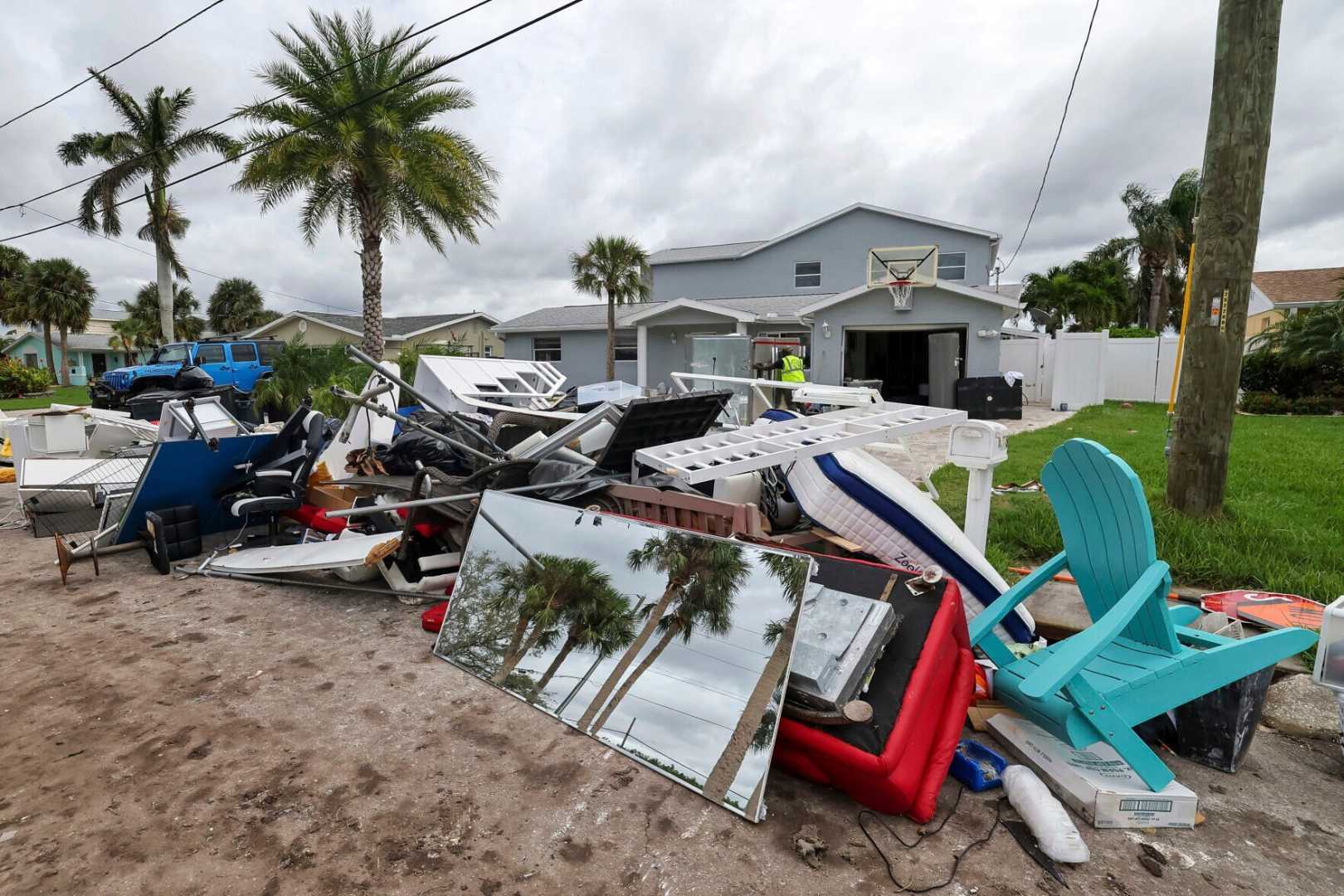Politics
Funding Controversy Erupts as Hurricane Helene Approaches Florida

As Hurricane Helene threatens the Florida Panhandle, controversy has arisen over funding for the Federal Emergency Management Agency (FEMA). In recent developments, a stopgap spending bill approved by Congress allocated $20 billion for FEMA’s disaster relief fund, ensuring government funding through December 20. However, this measure excluded several billion dollars in supplemental disaster funding that had been requested by the administration.
The Senate approved the spending bill on September 25 with a 78-18 vote, following the House’s approval by a vote of 341-82. Notably, the opposition primarily consisted of Republicans. Adding complexity to the issue, some of the Republican lawmakers who opposed the measure represent states that are currently being affected by Hurricane Helene.
According to estimates from AccuWeather, the damage caused by Hurricane Helene could reach up to $160 billion, highlighting the urgent need for adequate funding. Concerns have been raised over FEMA’s financial capacity to respond, with Department of Homeland Security Secretary Alejandro Mayorkas indicating that the agency is facing a severe funding shortfall. “We are meeting the immediate needs with the money that we have. We are expecting another hurricane hitting,” Mayorkas informed reporters. “FEMA does not have the funds to make it through the season.”
This situation has led to accusations from some Republicans who argue that the Biden administration is diverting disaster relief funds for other purposes, such as assisting migrants. The administration has refuted these claims, with a spokesperson labeling them as “completely false.”
President Joe Biden acknowledged the funding crisis on Monday, suggesting he might call Congress back into session during a recess to pass emergency supplemental funding, especially as the hurricane continues to impact regions represented by Congress members who had voted against the bill.
Nonetheless, Republican House Speaker Kevin McCarthy expressed confidence that the FEMA funding included in the stopgap spending bill is adequate, stating that it was unnecessary for lawmakers to reconvene early.
The list of representatives who voted against extending FEMA’s funding includes numerous Republicans, such as Representative James Baird from Indiana, Representative Troy Balderson from Ohio, Representative Jim Banks from Indiana, and Representative Aaron Bean from Florida, among others. The opposition also comprises several senators, such as Senator Marsha Blackburn from Tennessee and Senator Mike Braun from Indiana.












